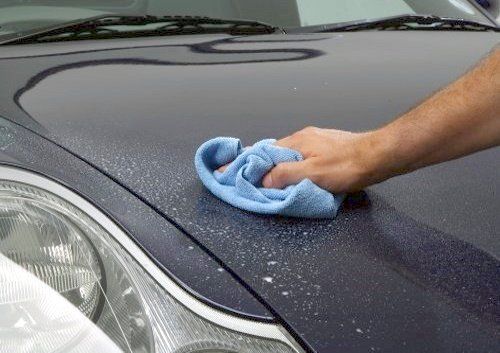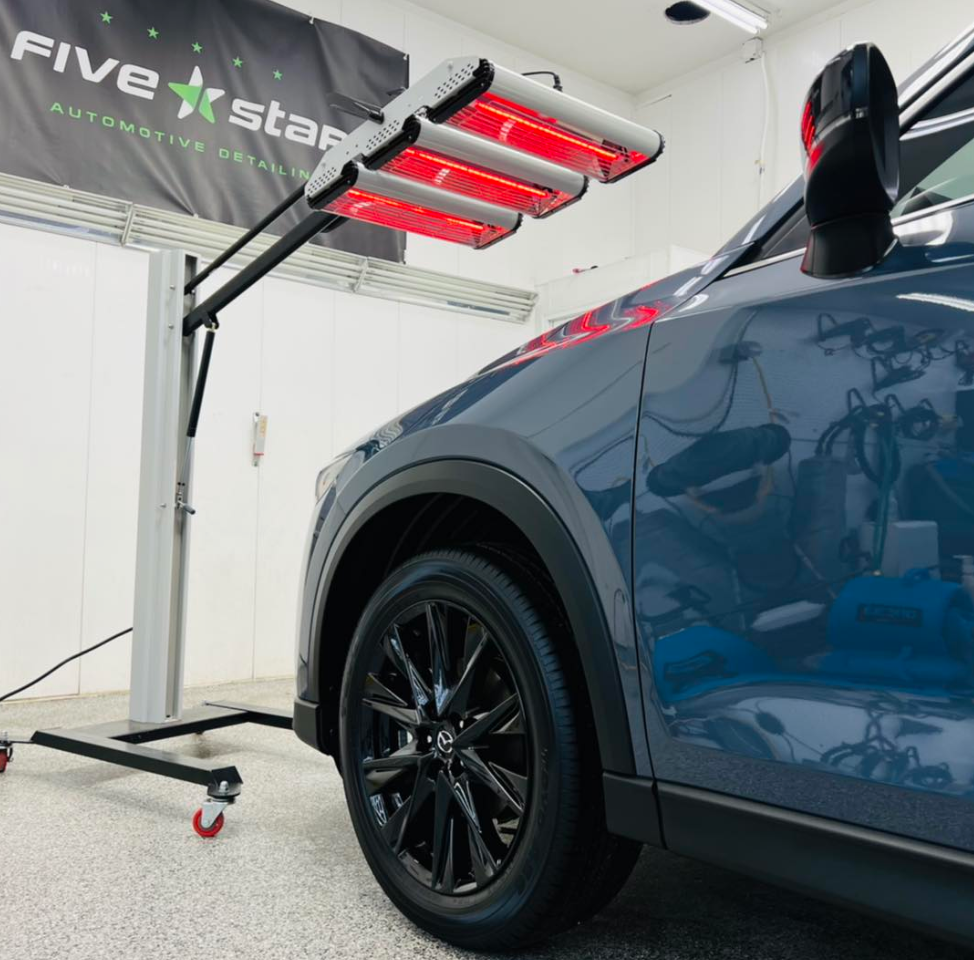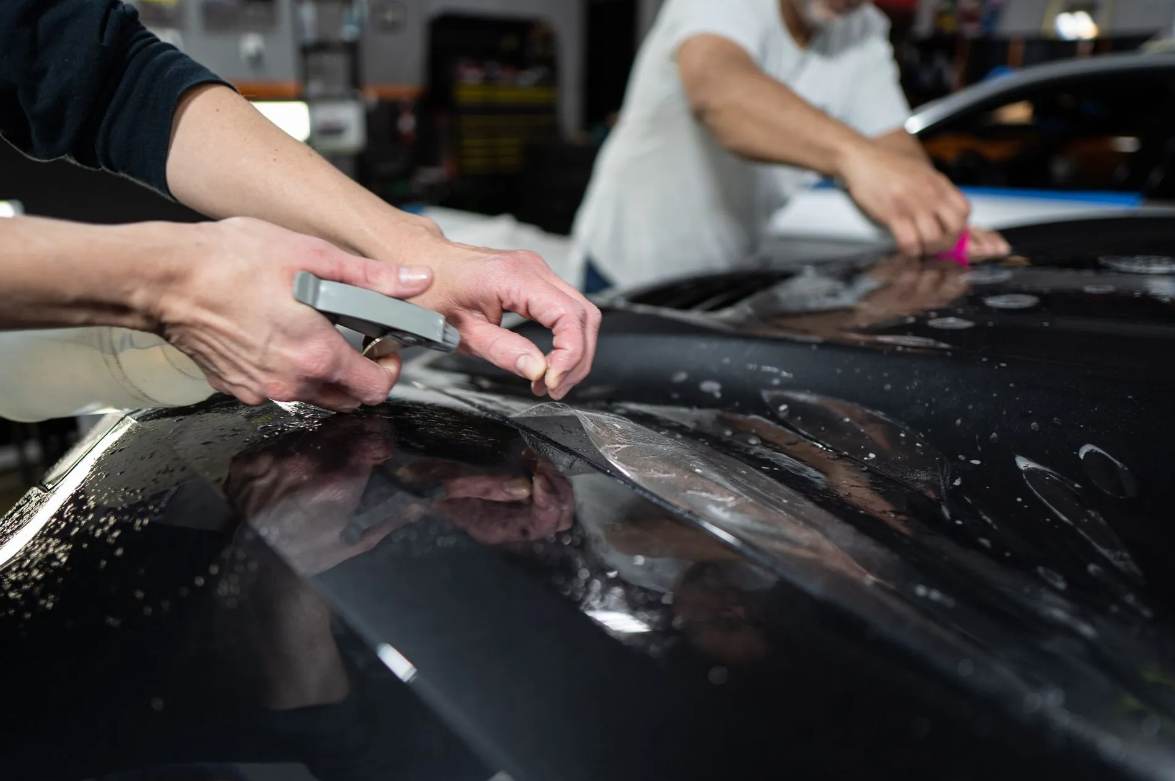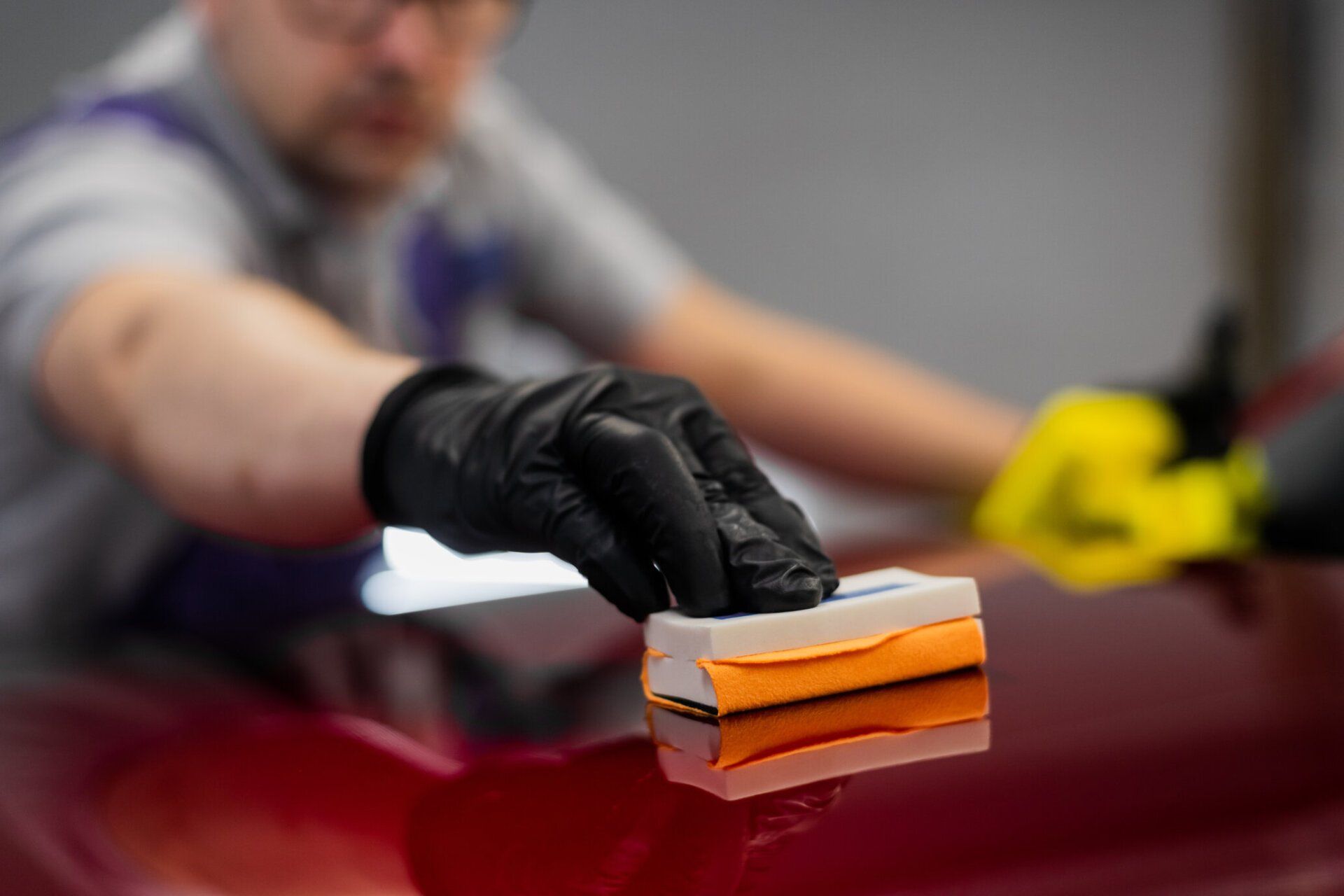If your vehicle needs the best car detailing services, choosing a good car detailer is vital. What makes a good car detailer is a person who has a passion for his work and someone detail-oriented to ensure they deliver the best services to their clients. Professional car detailers are all about restoring all types of vehicles to their original showroom look.
What Qualities Do You Look for in a Good Car Detailer?
Experience
Anyone can wash and clean their car, but that does not make them professionals. A good auto detailer should have experience in his line of work. The best car detailers have years of experience dealing with all types of vehicles. When looking for the right car detailer, check which detailing packages they offer. Each detailing package is different depending on the type of vehicle you have.
Detail Oriented
The name says it all. Auto detailing is about cleaning every nook and cranny. A good car detailer offers customized services to each client. Depending on the type of service you need, a good detailer will ensure he first analyzes the condition of your car to determine which tools and materials he will use.
For example, if you require buffing services, the detailer will check the thickness of your car paint to know how much pressure he can apply for the best outcome. A good detailer is also careful not to use materials that can harm your car. Look for personalized service and attention to detail.
Good Reviews
One of the best ways to determine if an auto detailing service provider is good at checking reviews and testimonials from other clients is good at what he does. Some sites display personal reviews as well as aggregate rankings. Don’t judge the company if you find one bad review. Instead, concentrate on the positive reviews it has received.
Fair Pricing
Don’t base your decision purely on price. The best auto detailing services are not cheap. But that does not mean that if a car detailer charges expensively, the services will automatically be great. You want the best value for your money.
A good car detailer offers fair pricing to his clients while providing the best auto detailing services. One of the reasons auto detailing is highly priced is the cost of materials they have to use.
For example, when it comes to a car wash, they don’t use just any detergent. They have to invest specifically in car wash soap that is not too harsh on the vehicle. Car wash soaps are expensive, but they get the job done.

Services Offered
Does your auto detailer offer services beyond your expectations? This is an important factor when choosing a good car detailer. A good detailer will not only do the work expected. Instead, he will go beyond your expectations by correcting other issues within your car according to his capability.
Also, check the type of services they offer. A good car detailer will offer multiple services. Work with a detailer with a one-stop shop for everything concerning auto detailing services. Look for the full-service package. Common services offered by the best auto detailing companies include:
- Exterior detailing IR curing.
- Interior shampoo and enzyme cleaning.
- Ceramic coating that lasts for years.
- The in-depth paint correction process.
- Car washing, window tinting, and tire shine.
- And many more.
Products and Tools
Before trusting your car with an auto detailer, check what equipment and products they use. A good car detailer will explain patiently why they choose certain products over others and why they are good for your vehicle. Don’t shy away from inquiring about which type of products they use and why.
He will also have the necessary knowledge to use these products safely. For example, if you require headlight restoration services, a good detailer will invest in a Sylvania headlight restoration kit. He will use a microfiber cloth for normal car washing services for the best results.
Credentials
A good auto detailing service provider comprises a fully licensed and insured team of experts. Apart from checking the credentials, you need to know if the company is trustworthy. Check the working environment to see if they have invested in security equipment. You want to leave your precious vehicle in a secure place as well.
Communication Skills
A good detailer should have good communication skills and customer care. You want to leave your car with a detailer who often communicates, updating you on the progress of the work at every stage of the detailing process. Good detailers take photos or videos to share with their clients before and after.
A good car detailer is also honest about how long the process will take and keep their word. Auto detailing services are more than just restoring a client’s car into pristine condition. A good car detailer will take time to educate his clients on maintaining their vehicles so that they retain the shiny look for longer.
Finally
Ensure you invest in protective materials like turtle wax and car wax to ensure your vehicle remains in pristine condition for longer. Ask your detailer for recommendations to ensure you get high-quality car cleaning products that are safe for your car.
Choose Five Star Automotive Detailing for Your Auto Detailing Services
At Five Star Automotive Detailing, we are a team of automobile enthusiasts offering auto detailing services in Rochester. We pride ourselves on offering quality services to our clients at competitive prices. Our auto detailers are fully licensed and insured, and they have spent years mastering their craft.
We offer detail services (both exterior and interior), ceramic coating, and quality paint correction, among other services. We have amassed years of experience, and we can work on a diverse range of vehicles. Our company has invested heavily in high-quality equipment and products to ensure we offer durable and lasting results. No matter the type of car you have, we offer customized detailing packages for each client.
For more information about our auto detailing services, visit us at 3820 21st St SE, Rochester, Minnesota, 55904, United States. You can also call 507-213-3561 today!






